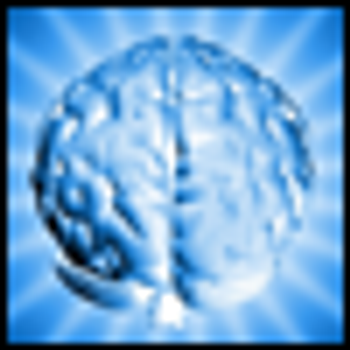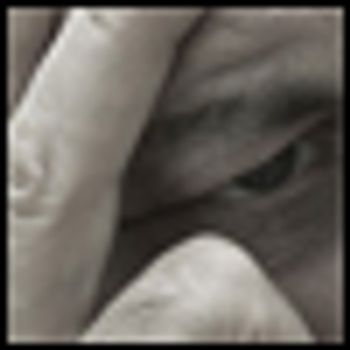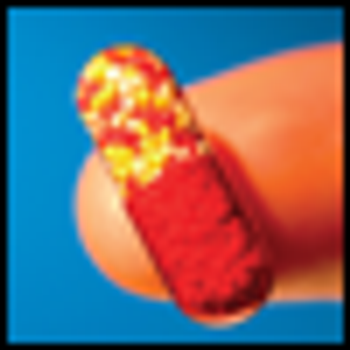
This book draws together the entire spectrum of the relevant psychosocial dimensions and data necessary to adequately assist in the evaluation and treatment of patients who may be candidates for bariatric surgery.

This book draws together the entire spectrum of the relevant psychosocial dimensions and data necessary to adequately assist in the evaluation and treatment of patients who may be candidates for bariatric surgery.

The extent to which antidepressant use during pregnancy is associated with increased risks of postnatal adaptation syndrome, persistent pulmonary hypertension in the newborn, first-trimester teratogenicity, stillbirth, and infant mortality is explored in 2 recent studies. A close up look here. . .

Psychological symptoms of depression in patients with diabetes are more specific to depression than their somatic counterparts.

Concerns are raised about DSM-5 revisions in the definition of depression. Many worry that eliminating the bereavement exception in the guidelines for the diagnosis of major depressive disorder represents a dangerous move.

Major depression is a common chronic illness within the general US population. What is the approximate prevalence for MDD in the US population?

Can methylfolate play a role in the adjunctive treatment of patients with major depression? In this podcast, Rakesh Jain, MD, offers insights.

Mindfulness training is a viable treatment tool that rivals psychopharmaceutical agents for the treatment of addiction, anxiety, depression, and other psychiatric disorders.

For patients with treatment-resistant depression-especially geriatric patients-ECT is a viable treatment option . . . one that should no longer be relegated to the option of last resort.

Diabetes mellitus and depression symptoms are associated with with decreased self-care and less adherence to exercise, medications, smoking cessation, and eating a healthy diet.

There are several reasons for taking the ketamine findings with a substantial grain of salt.

People who weren't getting out of bed are getting up and doing productive things. They are re-engaging with their families, and they are focusing on things they want to accomplish before they die.

The evolution of deep brain stimulation for various neuropsychiatric disorders results from advances in structural and functional brain imaging, increased understanding of neurocircuitry of the brain, and improvements in neurosurgical techniques and equipment.

It was not until the introduction of this MAOI that the term “atypical depression” began to emerge to describe a particular variant of nonendogenous depression.

Identification of atypical features is important in the treatment of depression for both treatment selection and prognosis, especially when initial measures prove ineffective. The concept of atypical depression has evolved over many years, and now it appears timely for a further revision.

What are the options for treating major depressive disorder in children and adolescents? This case offers readers a chance to give their feedback and to interact with the authors, who will present teaching points based on your comments.

There are many rapidly effective treatments for mania in bipolar disorder. However, there are relatively few options for bipolar depression, and none that are rapidly effective-even though bipolar depression constitutes between 20% to 50% of all depressive disorders.

What are the advantages of adjunctive benzodiazepine therapy in comorbid depression and anxiety? Which therapy has the strongest evidence base for treating patients with late-life depression? These and more in this quiz.

Transphobia is rampant in the US. Transgendered and LGBTs are bullied and victimized at alarmingly high rates. How, then, to protect these people from physical harm and treat mental health concerns?

The role of subtyping and bipolarity in TRD was discussed in Part 1 of this 2-part article. Here we review a number of the most common confounding factors of TRD but limit our scope to comorbidities that can be directly addressed and treated by psychiatrists.

Two recent publications provide clinically relevant information about the risk to benefit ratio of antidepressants for the treatment of MDD in youths, adults, and the elderly.

Of the 3 informative articles included in this special geriatric collection, 1 offers a perspective on the treatment of depression that does not focus on somatotherapy. The others remind us of 2 additional geriatric Ds of importance: drugs and driving.

This article provides a practical overview of the available evidence-based treatment and discusses circumstances in which certain interventions may be preferred over others.

The FDA Neurological Devices Panel met to consider the Agency’s proposal to reclassify cranial electrotherapy stimulator (CES) devices to Class III with premarket approval.

There is rapidly escalating interest in drugs that target the glutamatergic neurotransmitter system, especially NMDA receptor modulators. The hope is that they will fill the large unmet need for rapid-acting antidepressant medications with efficacy in treatment-resistant depression.

Importantly for lay and clinician readers alike, the book Monkey Mind: A Memoir of Anxiety reads as humor-laced triumph with many lost battles along the way rather than enduring unrelenting tragedy.